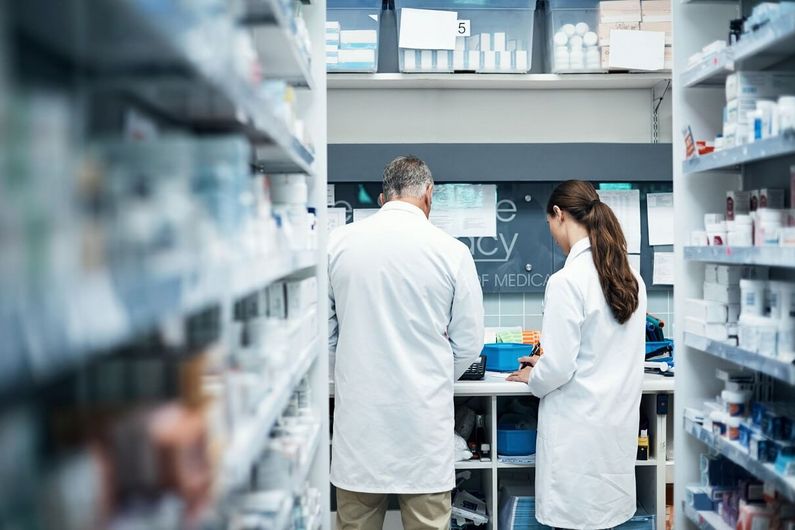Can pharmacies offer frontline support to victims of intimate partner violence?
- UdeMNouvelles
03/21/2023
- Béatrice St-Cyr-Leroux
UdeM professor Simon Matoori publishes a guide to help pharmacists identify and assist victims.
Can pharmacists be valuable allies for victims of intimate partner violence (IPV)? Can they identify victims, assess the danger they’re in and help them find the right resources?
Simon Matoori, a professor in the Faculty of Pharmacy of Université de Montréal, is trying to popularize this little-known approach among both victims and professionals.
He just published guidelines in the Canadian Pharmacists Journal to give pharmacy staff the tools they need to recognize IPV victims, initiate caring conversations and offer resources they can use.
“As frontline healthcare workers who proactively work with patients and build trusting relationships over the long term, pharmacists are well-positioned to identify and support IPV victims,” said Matoori.
Helping pharmacists take action
Inspired by their belief that patients and pharmacists develop close and trusting relationships, Matoori and his team developed guidelines to help pharmacists take action in various ways.
In particular, the guide focuses on the kinds of injuries that are typically associated with intimate partner violence, such as forearm fractures that are much more likely to result from a blow to an arm raised in self-defence than a fall down the stairs or in the bath. It also stresses how important it is to have information on local resources (such as shelters and local IPV support organizations) and how to compassionately speak with victims and ask questions.
“This information should be included in pharmacists’ training in Quebec,” claims Matoori. “These are professionals who are trained to initiate hard conversations with patients who may, for example, be feeling suicidal or depressive. Why can’t they also be trained to support IPV victims?”
Pharmacies as safe spaces
Furthermore, since pharmacies are places where people buy everyday items like medication, food and cosmetics, Matoori believes they are among the few places where IPV victims can easily go, even though their partners are likely to be watching their every move.
Matoori also noted that pharmacies offer private and secure places where victims can speak without fear of judgement. They can also display posters, brochures and QR codes of resources. In Quebec, some chains are also trying to set aside space where victims can safely and discreetly contact local IPV support organizations. These pharmacies can be identified by a special symbol over the entry.
“It's a great first step, but unfortunately the pharmacies specifically state that their staff can’t offer mental health support,” Matoori said. “We hope our guide will spark a discussion within the community and that both professionals and community members become more aware of how pharmacies can be a useful resource. When you're dealing with intimate partner violence, the little things really count. They can help victims expose and leave their abusers.”














